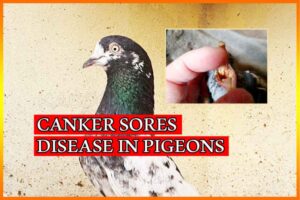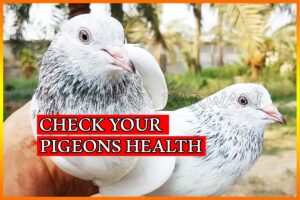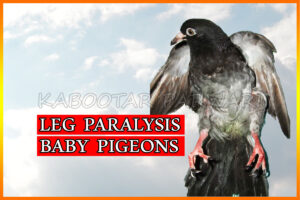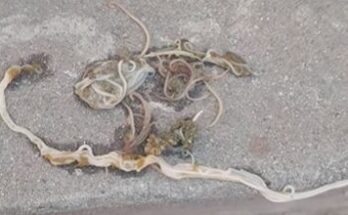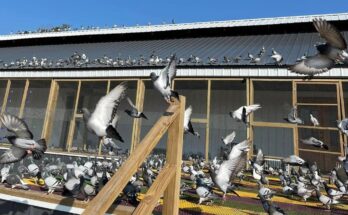Pigeon Breeder: A Guide to become successful pigeon breeder & fancier. Someone once asked me what I thought was the greatest virtue a young fancier needed to be successful. I immediately replied. PATIENCE! Time is needed to build a team of competitive racers, time to build a family of birds, and time to understand and practice all of the little details needed to be pro pigeon breeder and flyer.
Pigeon keeping is a worthwhile, yet time consuming hobby. Since it’s beginning in Ancient times it has spread to worldwide popularity. The hobby used to be easy to get into but with the growth of cities & residential areas, we must emphasize quality in our efforts and continue to change and improve things.
Keeping Pigeons Under Your Control
Nothing is worse than a team of wild, uncontrolled pigeons. Control this by planning your loft dimensions. NEVER
having a section that is wider than you can reach across with both arms extended. You should be able to touch both walls with the palms of your hands. The ceiling should be 2″ above your head at the lowest point. These dimensions encourage calmness in the birds in your loft section.
As the youngsters in the nest start feathering, & their parents lay the next set of eggs, each time you clean the loft & nest, put your hand into the nest & let the chicks puff up & peck at you. This allows them to get used to you on a regular basis. Make sure they don’t strike their wing butts on anything hard. When you fee the parents softly repeat over & over “come, come, come, come”. The babies learn to associate this familiar sound of your voice with feeding time, an asset later on.
Pigeon Breeding – How to Mate Pigeons
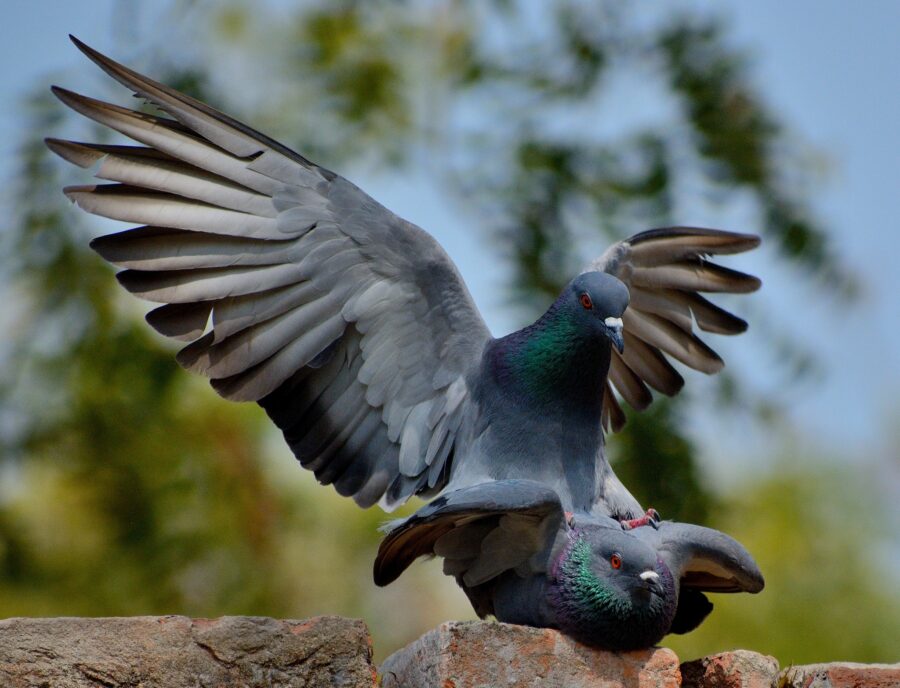
For Pigeon Breeding you need to have three sections. If you have 3 sections & have built your nest as described you will have no problems in mating. Watch the cocks to see which nest front they sit on. Make sure all other fronts are pulled fully forward so that there is only ONE NEST PER COCK. Lock the hen inside the nest and when the cock flies to his roost he will discover only the hen you have chosen for him.
He will court her through the dowel bars but cannot peck her or otherwise injure her. Pigeon fanciers usually mates the birds on a Friday evening after feeding & watering them about a half hour beforehand. You’ll note that for 2 days after mating the birds they will eat very little.
Saturday, about noon lock the cocks inside the nest and turn the hens out. Watch to see if the hen finds her cock. If so, all is well. Saturday evening allow the birds together. Watch the yearling cocks as they sometimes get excited & mean. After the cock is calling his hem to a corner and she rushes at him dragging her tail you can let one pair at a time out of the nest to eat & drink in the loft. She will follow him back to his nest.
When Will Pigeons Lay Eggs ?
Your nest are large enough for the cock to tread the hen. When he hops on the female & balances himself he is fertilizing the eggs. In 8 days the hen will lay the first egg. Add straw or pine needles in a pile on the loft floor and the pairs will carry them to the nest to line them. Do this for three days after the birds have mated. This gathering process builds a love of nest and bonds the pair together.
The hen skips one day and lays the 2nd egg. Often yearling hens do not sit too well on the 1st egg. If the weather is cold, take the 1st egg inside and place a wooden dummy egg in the nest until the 2nd egg appears. Then you can return her 1st egg.
Raising The Baby Pigeons – Pigeon Breeder
Now you have 10-12 pairs on eggs awaiting hatching of youngsters. Be sure to give the birds bath water once a week in the aviary. Experience fanciers does this about 9AM on Saturday or Sunday. WHY??? Because cocks sit on eggs from 9:30 AM until 4:30 PM and hens sit from 4:30 PM until 9:30 AM the following morning under normal conditions. By leaving bath water in the aviary from 9 AM until 10 AM both parents have a chance to bathe.
Importance of Giving Bath To Your Pigeons
You have a sunny, well ventilated, dry loft building according to the earlier specifications & your flock is calm and heavily feathered because of the high protein diet you fed them as youngsters so they faithfully sit on the eggs. Their body temperature will dry up the nest & eggs more than the ventilated loft will.
What does this mean? Your youngsters must pick through the shell to escape the egg. Dry eggshells are very hard eggshells! By bathing and returning to sit on the eggs the old birds allow their damp warm bodies to soften the egg shell and provide the youngsters with an easier escape from it. Wild birds employ this method and its is important.
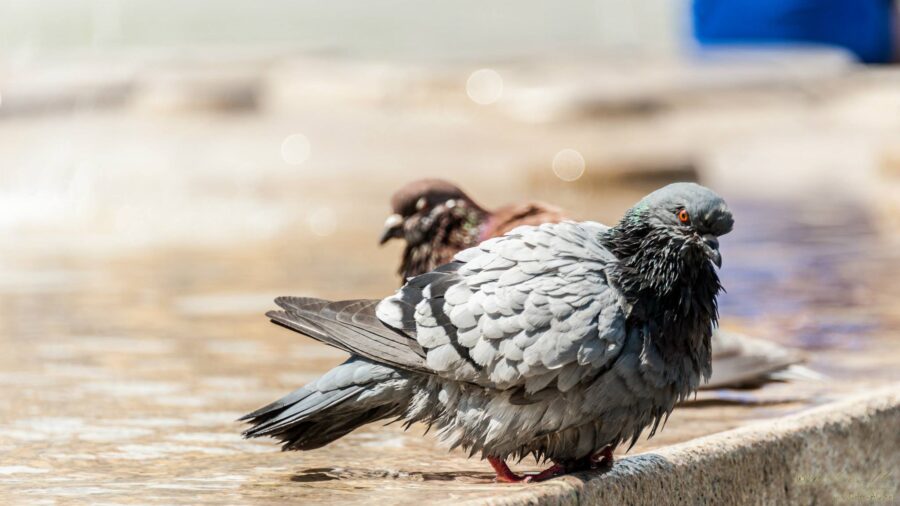
Important Tip for Pigeon Breeder
When weather does not permit a bath you must fill a spray bottle with water and gently mist each nest & eggs with 3 or 4 squirts to insure that the shells do not become to dry. Your birds should not have any medication in the drinking water for at least 4 days prior to the 19th day after the first egg was laid since the adults are forming pigeon milk to feed their offspring.
Pigeon Egg Hatching
Between 17 – 19 days the youngsters begin to pick through the shell & the following 4 days parents feed “milk.” The 5th day they start to feed hard food and you will notice an increased consumption of grit at this time because the food must be ground to tiny fragments for he young. The adults also drink increased amount of water to soften the food in their crop prior to feeding the youngsters. At this time peas become the preferred grain over corn because peas have protein and corn has high carbohydrate levels.
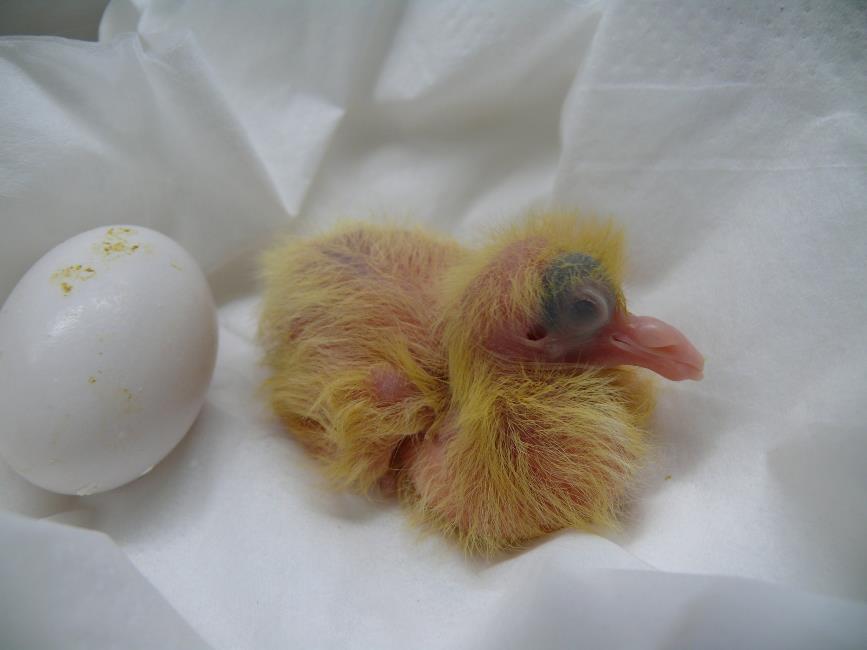
Protein is very important for the growth of the squabs. Always remember to keep the water pans filled at each opportunity during this period.
At night, hoppers are filled again. Before dark the hoppers are pilled out until the following morning which stops food from being thrown about on the floor. If food is in front of the birds all day the parents keep a full crop & therefore think the young are full too. By having hunger twice daily they remember to feed the young & their digestive systems have time to rest.
Pigeon Band – Pigeon Leg Bands
Usually pigeon breeder band there pigeon chicks at age of 8 or 9 days. Its the decision time to check are both good healthy youngsters? Is one a weakling? We check nostrils to see if they are dry, check rectums to see if they came out of the egg properly. If not they will exhibit a swelling or sore in that region. It labels the chick as a weakling because it was not strong enough in the hatching process.
Check the crops to see that they are full of food. Also check the nest bedding to assure that droppings are well formed & not wet. Wet nostrils & wet droppings usually mean that young birds are getting a draft. Now any & all weak specimens MUST be eliminated! Only the strong and best must survive.
12 Days Old Baby Pigeons – Pigeon Breeder
When the pigeon babies are about 12 days old, the cock will start to chase his hen for the next round of eggs. Now nest are cleaned out & nest fronts are turned sideways with clean shavings added to the inside of the enclosure. Here we place the two youngsters. Outside is the nest bowl where the hen will lay a second round of eggs. The cock can still enter the closed section to feed his young.
20 Days Old Baby Pigeons – Pigeon Breeder
At 20 days of age we close the door to the dowelled enclosure and the cock feeds through the bars thereby assuring us that no young birds will be injured by another cock should it wander into the wrong nest. It is about this time that a pigeon fancier also puts a water & a pellet can in a corner of the enclosure to teach the young to eat & drink a little on their own. Pellets are easy to digest without grit. The BENEFIT is that when you wean the youngsters at 28 days of age in a loft of their own, they already know how to eat & drink a little.
Baby Pigeon Food
At 27 days of age & placing them into their own loft section. Each bird needs its own perch but most will initially huddle on the floor begging for food from each other. Have pans of food & water available for them and soon the more adventuresome ones will have the entire group exploring the loft. Remember your youngsters are developing, growing rapidly, and are also molting feathers which are 100% protein.
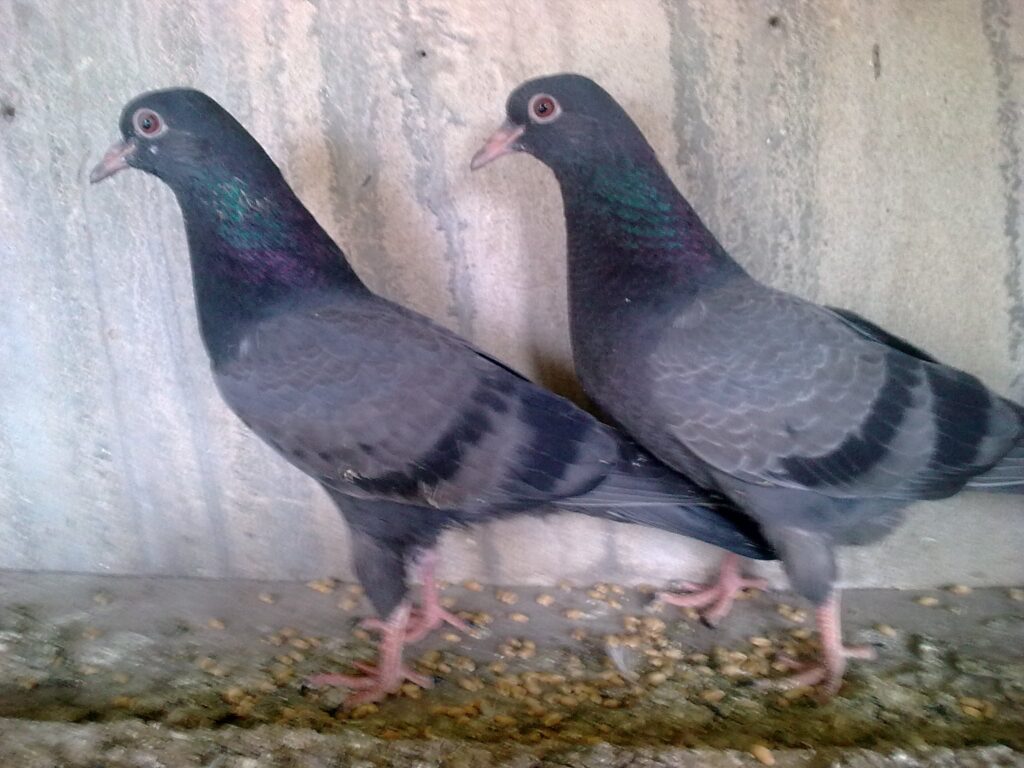
Watch for any youngsters that sit in a corner and slowly blink their eyes. They need a drink & you must catch them and place their beak in the water pan to give them a drink. You may have to repeat the process a time or two. Be alert to this when you are weaning the birds because if you miss this the individual will rapidly deteriorate and never grow into its potential for you.
Every so often, despite your best efforts, a youngster will not figure out how to eat or drink. Be sure to remove the food pan one hour after putting it in the loft or you will have food all over the floor of your loft section. This is not good sanitation.
What Do Baby Pigeons Eat ?
Feeding pigeon chicks will require a good high protein diet which might include vitamin enriched Purina brand duck pellets, medicated pig starter pellets, high protein puppy chow in small pellet form, small alfalfa pellets, etc. Use of any high protein grain mix is great, but fanciers have better results with pellet feed.
Pigeon breeder allow youngsters out in the aviary to get familiar with their surroundings. After they have done this about 4 days, you can put them outside for the first time. Put them out in the evening the first 2 or 3 times, but be sure they have been fed at least 8 hours before you put them out. Just about dark, enter the loft & call them in from outside and feed them. Allow an hour to pass and return to the loft. By now all of the birds will have had a drink, and eaten. The food in their crops will have swelled & they will appear full & contented.
Soon will write an article on Young Pigeon Training. Do Check my article how to master in Pigeon Eye. Keep Visiting and Have a Wonderful Day
Related Pigeon Articles
- Best Quality Pigeons Sign to Notice

- Best Racing Pigeon Eyes Hidden Secret Revealed

- Canker Sore Treatment in Pigeons

- Coccidiosis In Pigeons – How To Treat Cocci Disease

- Diarrhea in Pigeons Big Problem for Fanciers

- Digestion Issues in Pigeons Not To Worry Now

- Eye of Pigeon – The Secret Fanciers Don’t Know

- How to Check Pigeon Health in 5 Minutes ?

- How To Deal With Baby Pigeon Leg Paralysis



